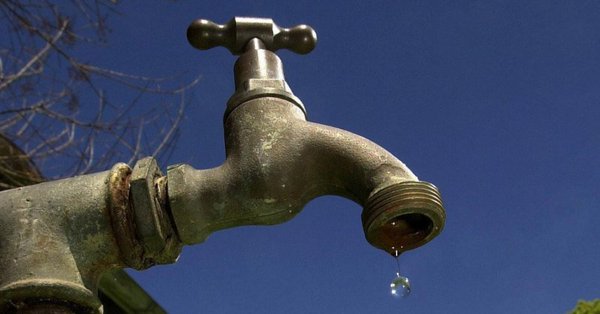By Tendai Guvamombe
The Community Water Alliance (CWA) has expressed deep concern over the escalating crisis of water provision in almost every local authority in the country.
The CWA National Chairperson Hildaberta Rwambiwa, said the crisis is manifesting through dwindling water levels in dams and other water bodies where local authorities draw water from that are now exposed to siltation resulting from poor catchment management among other problems.
“There is serious siltation in dams, very high water pollution levels, poor catchment management and wetlands depletion, poor quality of potable water, insufficient potable water.”
CWA also observed that inadequate foreign currency in the country is the major blow to spearhead development in areas of infrastructure, water funding projects chemicals and upgrading of water treatment plants.
“There is serious crisis of foreign currency for obsolete infrastructure, crisis of foreign currency availability for water treatment chemicals, poor funding for water projects, downgraded sewerage and water treatment plants.”
Such a predicament has compelled local authorities in the country to resort to water rationing, a move which is likely to pose serious health problems.
“A majority of local authorities is proposing water rationing in Zimbabwe and this is likely to cause a health disaster if the situation is not handled properly.”
In light of this background CWA proposed to convene an all stakeholders indaba and declaration of the current water crisis a national disaster.
“Convening of a national stakeholder indaba to shape the course of water delivery in Zimbabwe and ensures water defines the 2018-2023 government term.”
The water movement’s demands and appeal are guided by obligations of state actors as espoused in laws.
There is also a complimentary role of International Non-Government Organizations in ensuring that human beings have access to safe, clean, sufficient potable water in line with international humanitarian standards.






